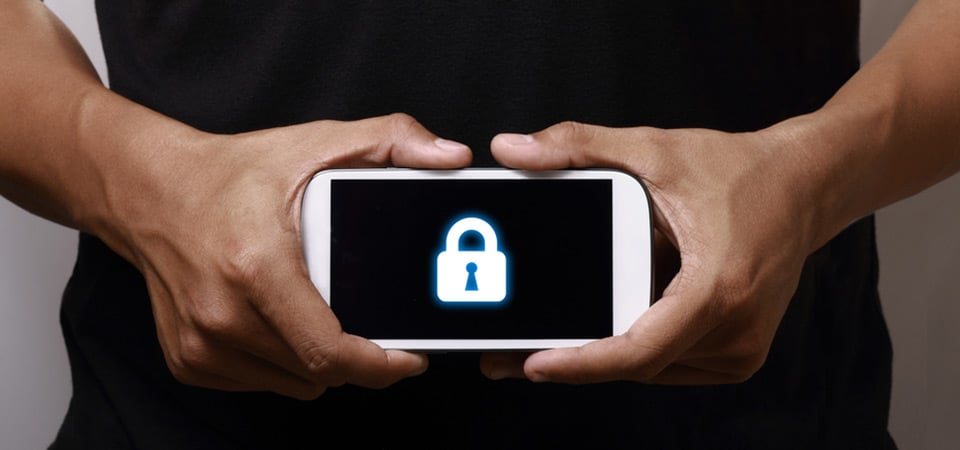Without a VPN, your online activity is wide open. While we're not suggesting anyone's snooping on you personally, browsing the internet without a VPN is incredibly risky. It's like broadcasting your personal information—name, address, email, phone number, and more—for the world to see.
We all value privacy, but often overlook the risks. A significant portion of internet users don't use a VPN, and even fewer protect their mobile devices on public Wi-Fi. Let's explore why securing your Android phone with a VPN is crucial, simple, and surprisingly fun.
What Exactly Is a VPN?
 For those unfamiliar, VPN stands for Virtual Private Network. A VPN masks your IP address (the digital identifier revealing your location and online habits) with the IP address of a shared, anonymous server. This prevents anyone from tracking your online activity, even your internet service provider (ISP).
For those unfamiliar, VPN stands for Virtual Private Network. A VPN masks your IP address (the digital identifier revealing your location and online habits) with the IP address of a shared, anonymous server. This prevents anyone from tracking your online activity, even your internet service provider (ISP).
The secure connection created by the VPN software protects your data from cybercriminals targeting unsuspecting users on public networks. Even at home, a VPN safeguards your location and other private information.
VPN Advantages Beyond Security
 VPNs offer more than just security. Bypass geographical restrictions on websites and services—simply connect to a server in a different country (most VPNs offer global server options). Access content unavailable in your region due to licensing or other limitations.
VPNs offer more than just security. Bypass geographical restrictions on websites and services—simply connect to a server in a different country (most VPNs offer global server options). Access content unavailable in your region due to licensing or other limitations.
This opens up a world of possibilities. Need a specific Netflix library? Want to play region-locked mobile games? A VPN provides seamless access. It's surprisingly easy to use; install an app, register, and select a server location—that's it! Despite the technical-sounding name, using a VPN for enhanced privacy is remarkably straightforward.
 Home
Home  Navigation
Navigation






 Latest Articles
Latest Articles










 Latest Games
Latest Games












